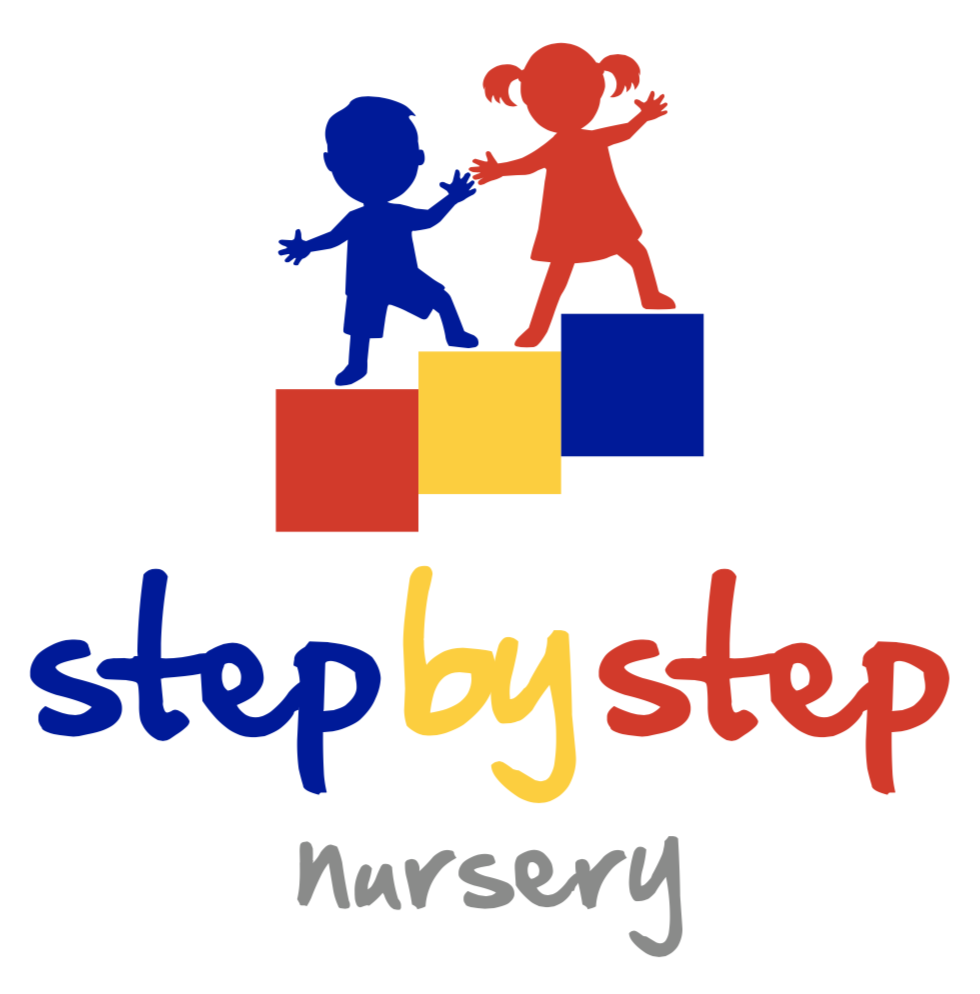
Every parent has faced the dilemma of their child lying to them while obvious facts prove otherwise. For instance, if there is a glass of spilt milk with your child right next to it, he or she will probably blame the sibling in the other room or even the neighbour’s cat. What parents have to realise is that all children lie.
At a young age, kids will experiment with the truth with varying degrees. It is up to a parent to differentiate their little white lies from the dangerous ones and tell them about the effects of both.
As children grow, they develop a grasp of reality and fantasy. Sometimes, to get out of a tricky situation or to avoid being punished for a mistake, they blatantly resort to telling tales as a form of escapism. At other times, with their imagination running wild, they create stories to make their lives more exciting.
‘Children are always exploring and finding out about the world around them. They express themselves through their own imagination and creativity. A child’s perception of a situation might be different to what actually happened,’ says Jade Penketh, Nursery Manager at Step By Step Nursery, Al Bateen, Abu Dhabi.
Children lie for a number of reasons—to win an argument with a sibling, to get out of doing their homework or to deal with a difficult situation. Jade explains that is important for parents to listen to their child, talk through what they are saying in a calm manner, and try to find out whether it is a ‘story’ or not. ‘The reaction of the listener plays a vital part in how a child perceives future events and explores their imagination. Children sometimes want to get a reaction from an adult and often create stories to catch the person’s attention. The best thing for a parent to do is to listen to them and acknowledge what they are saying, while taking what they say with a ‘Pinch of Salt’. The line between imagination and creativity sometimes gets blurred and it is important as parents to understand this and to take each ‘Story’ as it comes.’
The most reliable ways to spot lying are to watch your child’s body language and observe changes in language and emotional expression. While catching your child in a lie may be unsettling, responding to your child’s lies with an emotionally mature attitude can actually provide your child with opportunities for growth.


